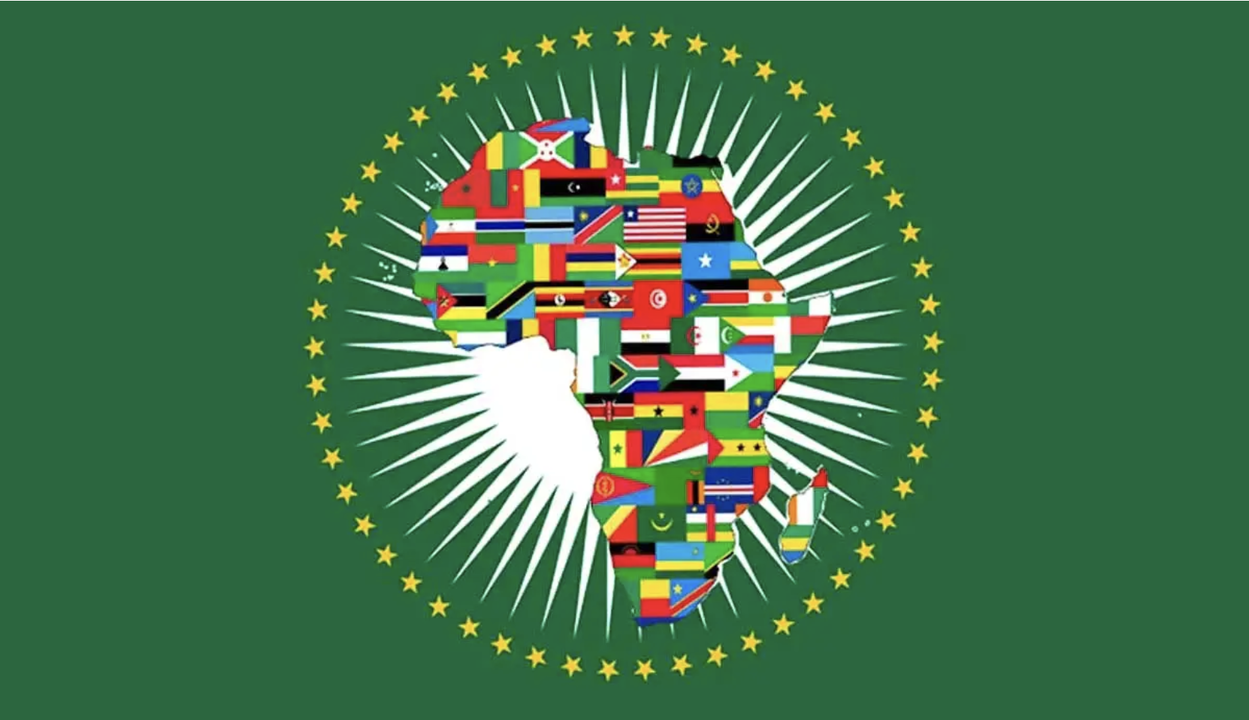Artificial Intelligence (AI) is rapidly transforming global economies. Regions such as the European Union, United States, and China have moved swiftly to introduce comprehensive regulatory frameworks. In Africa, however, the debate remains unsettled: should the continent prioritize AI regulation now, or focus first on adoption and innovation?
Key Challenges
1. Innovation at Risk
Many African startups struggle with weak infrastructure, limited funding, and high cloud costs. Early heavy-handed regulation may increase compliance burdens, discouraging local innovation and foreign investment.
2. Limited AI Output
Africa currently contributes minimally to global AI research and deployment. Critics argue that regulating too soon could divert scarce resources away from essential capacity building.
3. Vulnerability to Imported Systems
Unregulated imports of AI technologies expose African societies to risks such as bias, privacy violations, and exploitative surveillance practices. Without safeguards, citizens remain vulnerable to misuse.
Opportunities
Proactive Protection: Early regulation can prevent Africa from becoming a dumping ground for unsafe or biased AI technologies.
Trust Building: Clear governance frameworks enhance public trust in AI adoption and encourage responsible innovation.
Strategic Positioning: By shaping its own AI governance, Africa can avoid dependency on external regulatory models and establish standards aligned with local realities.
Policy Options
1. Delay Regulation: Focus on adoption, infrastructure, and talent-building first, then regulate later when AI ecosystems mature.
2. Immediate Comprehensive Regulation: Adopt frameworks similar to the EU’s AI Act, setting strict rules from the outset.
3. Phased, Light-Touch Regulation (Recommended): Introduce flexible, principle-based guidelines on ethics, data use, transparency, and accountability—while investing in infrastructure and skills.
Recommendations
Adopt Adaptive Frameworks: Begin with guiding principles instead of rigid laws. Prioritize ethical use, consumer protection, and accountability.
Invest in Capacity: Channel resources into digital infrastructure, cloud services, and AI research hubs.
Promote Homegrown Innovation: Provide incentives for local AI startups and encourage public-private partnerships.
Regional Cooperation: Leverage continental bodies like the African Union to coordinate AI governance and avoid fragmented approaches.
AI Literacy Programs: Equip policymakers, businesses, and citizens with foundational knowledge to engage responsibly with AI systems.
AI regulation in Africa is not premature—but it must be pragmatic. The continent cannot afford regulatory paralysis, nor can it afford rigid, imported frameworks that stifle growth. A phased, principle-based approach—developed for Africa, by Africa—offers the best pathway to balance innovation and protection.




